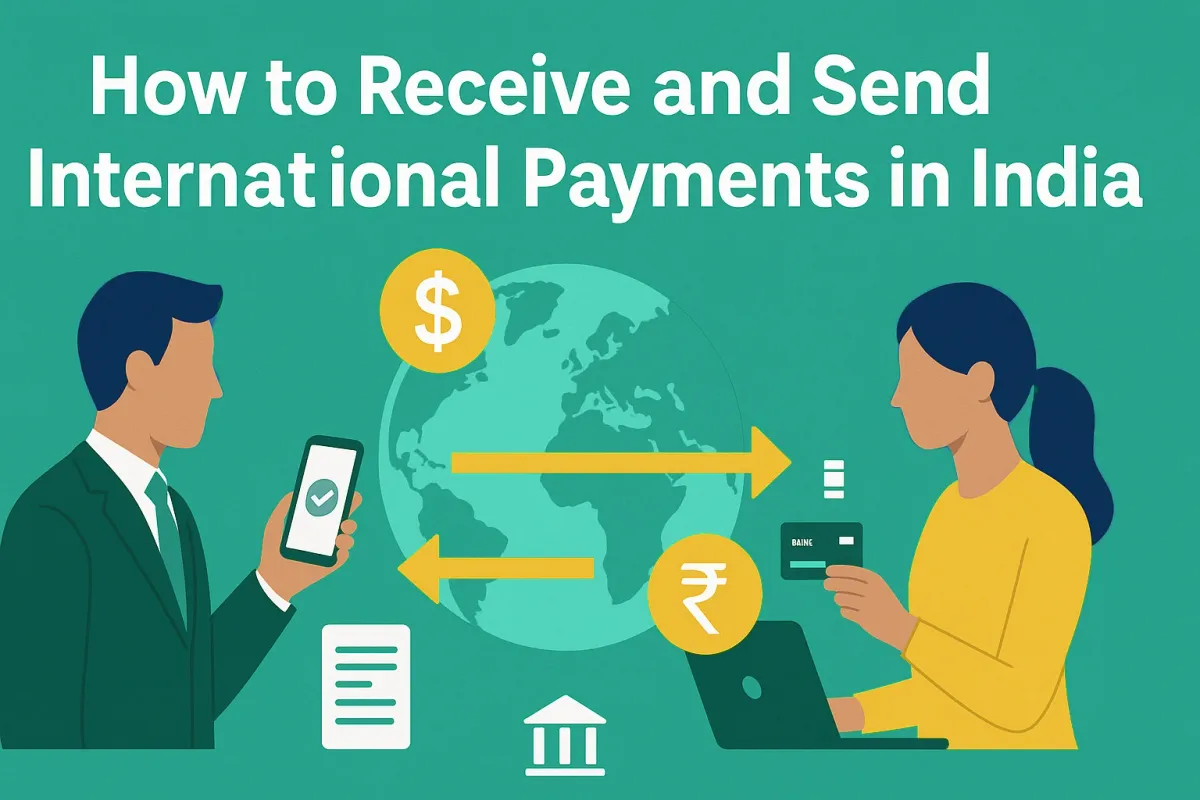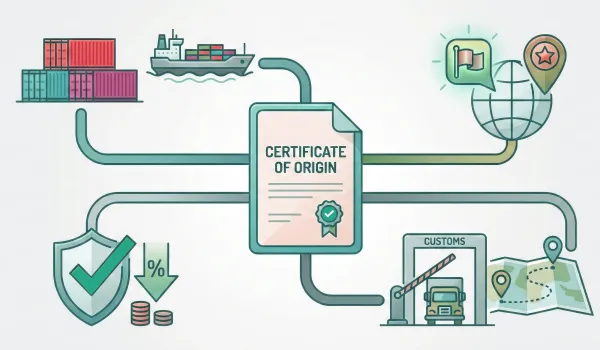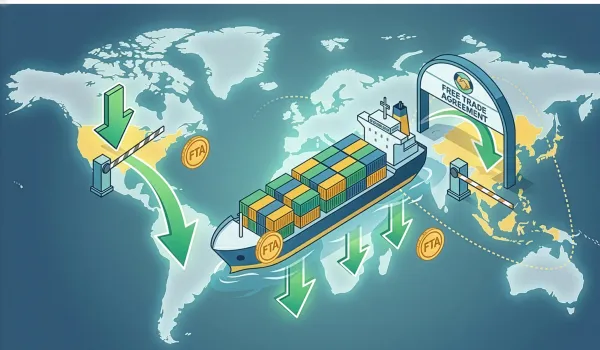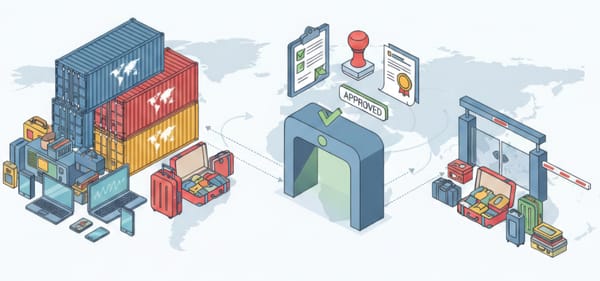How to Send and Receive International Payments in India: Best Methods and Platforms

With the global economy as it is today, a business and even an individual, an exporter dealing with foreign clients or an individual who receives remittances from their family living abroad definitely needs to understand the mechanism behind international payments. This article aims to lead you through some of the methods you may use for sending and receiving international payments in India while highlighting efficient money transfer services serving your requirements.
Understanding International Payments
International payment services refer to the facilitation of money transfer services by different parties coming from different countries. A number of different types of currency may be involved, and thus, there are many possible methods of making payments, so care is essential in choosing a facility according to individual needs. There are multiple options available in India regarding how this might be done.
Key Methods for Sending International Payments
EximPe
EximPe is an emerging platform that facilitates international payments specifically for exporters and importers. It offers features tailored to meet the needs of businesses engaged in cross-border trade, ensuring compliance with regulations and providing efficient transaction processing.
- Pros: Tailored for exporters; streamlined compliance processes.
- Cons: Limited awareness compared to established players.
Bank Wire Transfers
Among the oldest methods for cross-border payments, bank wire transfers are an electronic transfer of funds between two bank accounts located across borders. Most Indian banks provide this facility, thus allowing customers to make direct payments into foreign bank accounts.
- Pros: Secure and reliable; suitable for large transactions.
- Cons: Higher fees compared to other methods; may take several days to process.
Online Money Transfer Services
Online money transfer services are increasingly becoming popular owing to their convenience and swiftness. Several such services include PayPal, Wise-earlier, known as TransferWise, and Remitly, which enable customers to make cross-border payments easily.
- Pros: Fast transactions, competitive exchange rates, user-friendly interfaces.
- Cons: Fees can vary based on the amount and destination; both sender and receiver may be required to have accounts.
Money Transfer Operators (MTOs)
Money transfer operators provide services that are adapted to send cash abroad. Operators like Western Union and MoneyGram have the largest agent networks and locations throughout the world, making it accessible for receivers to collect cash.
- Pros: Quick access to funds; no need for a bank account.
- Cons: Higher fees compared to bank transfers; exchange rates may not be favourable.
Cryptocurrency Transfers
This method, through cryptocurrencies such as Bitcoin and Ethereum, allows an alternative way of making international payments. Although still a new method, it provides an avenue to transfer value across borders without having to depend on traditional banking systems.
- Pros: Lower transaction fees; fast processing times.
- Cons: Volatility in cryptocurrency values; regulatory concerns in some jurisdictions.
Receiving International Payments in India
Receiving international payments can be as simple as sending them if you know the right channels. Consider the following:
Bank Accounts
Most Indian banks allow customers to receive international payments into their accounts via wire transfer or SWIFT. Be sure that your bank accommodates international transfers and has the facilities for these transactions.
- Requirements: You may need to share information with your bank; you will need to tell them your SWIFT code and account number.
Online Payment Platforms
Easy receipt of payments from abroad by platforms like PayPal or Stripe for businesses and individuals. Other features provided by these platforms include invoicing, currency conversion, and payment tracking.
- Requirements: Both the sender and receiver must have an account on the platform; the charges depend on the amount involved in the transaction.
Money Transfer Services
You can use a money transfer service such as Western Union or MoneyGram to receive remittances from family or friends abroad. Recipients can collect cash at locations specified by the sender without a bank account.
- Requirements: Valid identification is usually required for cash collection.
Foreign Currency Accounts
Some Indian banks also offer foreign currency accounts, and you can store money in different currencies in these accounts. In essence, this is great for businesses that trade outside India because it reduces your exposure to the costs associated with converting currencies.
- Benefits: flexibility in handling various types of currencies and savings on conversion fees.
Choosing the Right Money Transfer Service
When selecting a method for sending or receiving international payments, consider the following factors:
- Fees: Compare transaction fees across different services to find the most cost-effective option.
- Speed: Determine how quickly you need the funds transferred or received.
- Security: Ensure that the service you choose has robust security measures in place.
- Convenience: Look for user-friendly platforms that simplify the process of transferring money.
- Customer Support: Opt for services that offer reliable customer support in case you encounter issues during transactions.
Regulatory Considerations
In dealing with international payments, the business must be aware of certain regulatory requirements from the RBI. The RBI governs foreign exchange transactions under the FEMA. All regulations regarding foreign remittance, including the limits put on the amount and what documentation is required, should also be complied with.
Final Thoughts
Now that you know how international payments in India can be accomplished efficiently, you can use these methods confidently. Now, make sure to scrutinize all the information about your transaction, including fees and times of processing, so that everything complies with regulatory standards. Select the proper channels, either with conventional banks or online technology systems. Then, your finance work becomes smooth, and you increase your opportunities to perform overseas trading in the most effective ways. Staying informed of trends regarding money transfer services and developments allows for further optimizing one's experience while navigating through the world of international payments.


